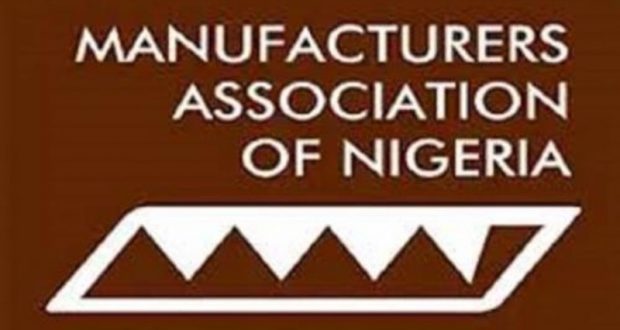This was contained in the Executive Summary of first half of the year (H1), 2022 Economic Review, made available to the press on Friday , which was signed by the Director General of Man, Mr. Segun Ajayi-Kadiri.
According to the H1 executive summary, there is an uptick of N17.33 billion or 10.2 per cent when compared with N169.75 billion recorded in the second half of the year.
The document reveals that inventory of unsold manufactured product remained high in the period under review due to high commodity prices occasioned by high cost of product; and low level of income among firms and households.
The executive summery further showed that capacity utilization in the manufacturing sector increased to 57.9 per cent (year-on-year) in the first half of 2022 from 52.2 per cent recorded in the same half in 2021; thus, indicating 5.7 percentage point decline over the period.
According to MAN document, capacity utilization declined by 1.1 percentage points (half-on-half) from 59 per cent recorded in second half of 2021.
“The oscillatory and sub-optimal capacity utilization of the sector in the period under review aligned with the risks and difficulties posed by the lingering effect of COVID-19 pandemic and the adverse impact of the Russian-Ukrainian war such as the rising commodity prices and disruption of global supply chain in the period.
“However, notwithstanding the challenges in the period, more capacities came up in the Cable sub-sector with the commencement of optical fibre production by Coleman Technical industries, the first of its kind in the whole of ECOWAS region.”
On manufacturing output of the H1 executive summary, “Manufacturing sector factory output value increased to N3.99 trillion in first half of 2022 (year-on-year) up from N3.66 trillion recorded in the same half in 2021; thus, indicating N0.33 trillion or 9.0 increase over the period. It also increased by N0.26 trillion or 7.0 percent (half-on-half) when charmed with N3.73 trillion achieved in the second half of 2021.
“Production was strongly hampered by lack of forex for importation of raw materials that are not available in the country in all the sectoral groups, safe for Food sub-sector which has undergone a significant level of backward integration.
“However, the N10 increase of Excise Duty on non-alcoholic drinks grossly affected production in that segment of the sector. In addition, the implementation of migration of National List to Chapter 99 of ECOWAS Common External Tariff (CET) is perverse with bureaucracy and complexities among Government agencies, leading delay in getting raw materials to factories.
“Specifically, the basic metal group is heavily challenged by the lowering of duty to annealed cold roll to five per cent from the previous 45 per cent, which made domestic manufacturing of the product uncompetitive. Also, activities in the motorcycle assembly sub-sector were severely affected following the suspension of motorcycles in some areas across states, particularly in Lagos. Moreso, the increase in the duty of paper from five per cent to 20 per cent adversely affected productivity in the paper products sub-sector in the period under review.”
 Financial Energy Review
Financial Energy Review





